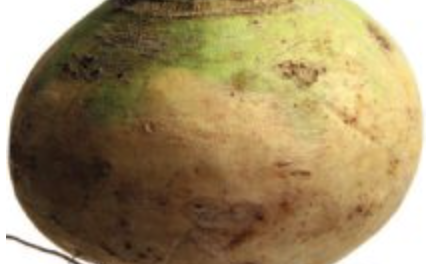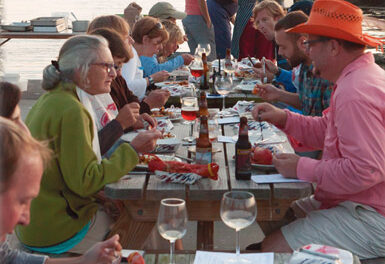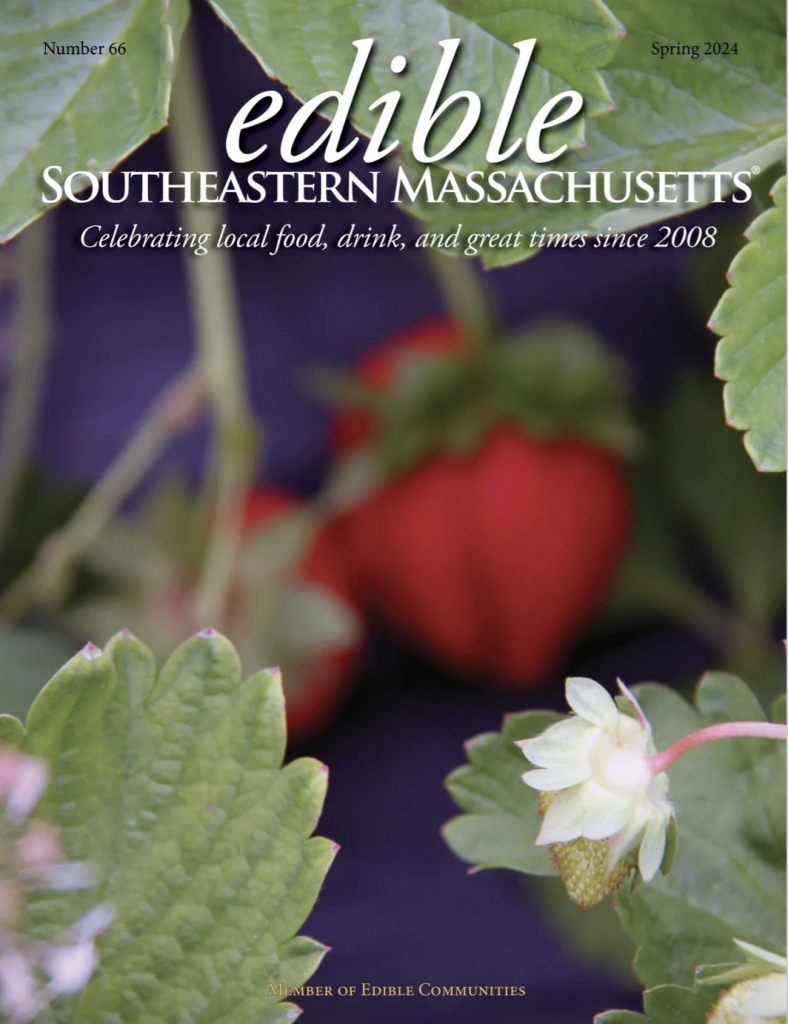By Colleen Leonardi.
Updated by eSS&SC editor Terry Vandewater.
MARION INSTITUTE AND LOCAL
RESTAURANTS TEAM UP TO BRING HEALTHY MEALS TO AT-RISK POPULATIONS IN MASSACHUSETTS
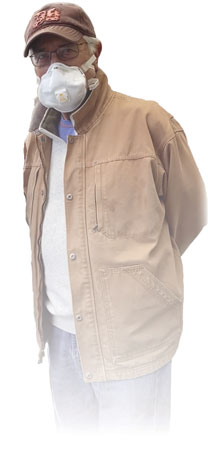
John Decas was truly the force behind Cooks for Community. Without his initial funding, then additional funds, Marion Institute would not have been able to get the program started.
Getting good food to those in need is a constant challenge in the local food movement. Enter COVID-19 and those hurdles have multiplied. Yet the Marion Institute (MI) in Marion, Massachusetts, has established an inroad to communities in need of a meal and restaurants in need of eaters. Established in April, the Cooks for Community emergency food initiative was an outgrowth of MI’s Southcoast Food Policy Council’s (SFPC) mission to “connect, convene, and advocate for local food producers, consumers, and community partners.”
From the homeless to senior citizens, health care workers, and immune-compromised cancer patients and their families, Cooks for Community served 11,425 meals to the most vulnerable. “In an effort to support restaurants that were struggling and the communities we serve,” said Elizabeth Wiley, executive director of MI, “we created a program that supported both during the height of the crisis.”
Partnering with Southcoast YMCA and Southcoast Health, MI identified those most at risk for food insecurity. Emergency funding allowed them to pay local restaurants and food providers to prepare healthy meals.
The program served the towns of Wareham, New Bedford, and Fall River. Partnering Restaurants include Marc Anthony, Minkle Boys Catering, Izzy’s Restaurant, David’s Restaurant, and Java House Chew & Brew in Wareham. “The meals were distributed through the YMCA with help from the Y staff and volunteers from Community Youth empowerment,” said Wiley, “a new community organization group on the scene in Wareham led by Jowaun Gamble.”
In New Bedford and Fall River, MI partnered with Southcoast Health centers to provide meals to immune-compromised cancer patients, their families, and front-line workers at the hospitals. Chaos can breed compassion, and Cooks for Community is evidence of this potential. From the restaurant workers cooking the meals, to the support staff and volunteers distributing the meals, to the funders and leaders on the front lines innovating best next steps, the emergency of COVID-19 has united people around food.
The goal was to feed 100 people five days a week for one month. Ultimately, the program ran between April through June and provided 5,475 meals in Wareham; 2,500 in New Bedford; and 3,450 meals in Fall River (this was incorrectly listed as Wareham in print).
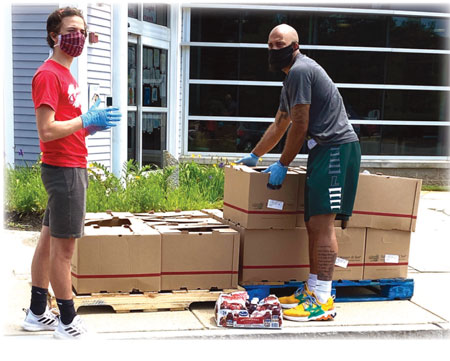
Luke Wiley and Denzel Brito, two of the volunteers helping to distribute Farmer to Family boxes.; Photo: Patricia Rego
Complementing the Cooks for Community initiative, Sid Wainer and Son received a grant from the USDA and partnered with the United Way of Greater New Bedford and MI to run the Farmers to Families produce food box. From June through August, Farmers to Families distributed 2,500 food boxes weekly, each filled with 20 pounds of produce. Many of the Cooks for Community recipients transitioned to the food boxes keeping nutritious food on the table throughout the summer. All told, 30,000 boxes with an amazing 600,000 pounds of produce were distributed to food-insecure residents across the Southcoast.
MI understands the importance of food as medicine, too, and so the meals produced and served offered a dose of balanced nutrition. Unsheltered families living in encampments received a steady serving Monday through Friday, and the elderly living alone received a warm meal and regularly saw a friendly face to say “hello” and “be well.”
In addition, MI provides an invaluable resource for the communities it serves. A big red button on the Institute’s website directs people to the COVID-19 Local Recovery Resource List. This spreadsheet offers a cornucopia of links to information about senior grocery shopping hours, food banks, food pantries, CSAs, farm stands, prepared food options, and local deliveries, as well as suggestions about where farmers are selling their harvest.
Through these and other initiatives, the Marion Institute is committed to “building local supply chains that people can rely on,” stated Wiley.
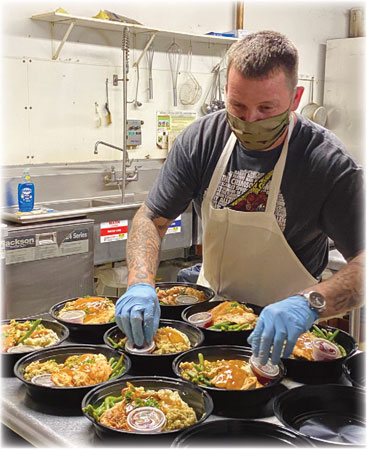
Chef Keith Parker of Java House Chew & Brew prepares meals for the Cooks For Community program.; Photo: Patricia Rego
Since March, MI’s SFPC has held weekly calls for their members-at- large. “This is been one of the main reasons we have been able to achieve so much collaboratively during the pandemic. Another reason has been the amazing financial support from John Vasconcellas and his team at the Southcoast Community Foundation,” explained Wiley.
Environmentalist, entrepreneur, and author Paul Hawken writes, “The Marion Institute provides support and insight to emerging initiatives that make a profound difference in the world. Their work does not show up at the head of the parade but is often the reason there is a parade at all.”
The Marion Institute, Inc.
202 Spring Street
Marion, MA 02738
(508) 748-0816
Additional food resource: Are you seeking food for yourself, your family, a neighbor, coworker, or friend? Use The Greater Boston Food Bank’s Partner Agency Locator to find help in your community. It’s easy! Just enter your zip code to find support nearby. The link is here.
Colleen Leonardi is a writer, editor, and teacher. She is currently an MFA candidate in creative nonfiction at the University of North Carolina, Wilmington.
This article originally appeared on www.ediblecommunities.com/niman-ranch-beyond-plate as part of a partnership with Niman Ranch celebrating local food heroes.



